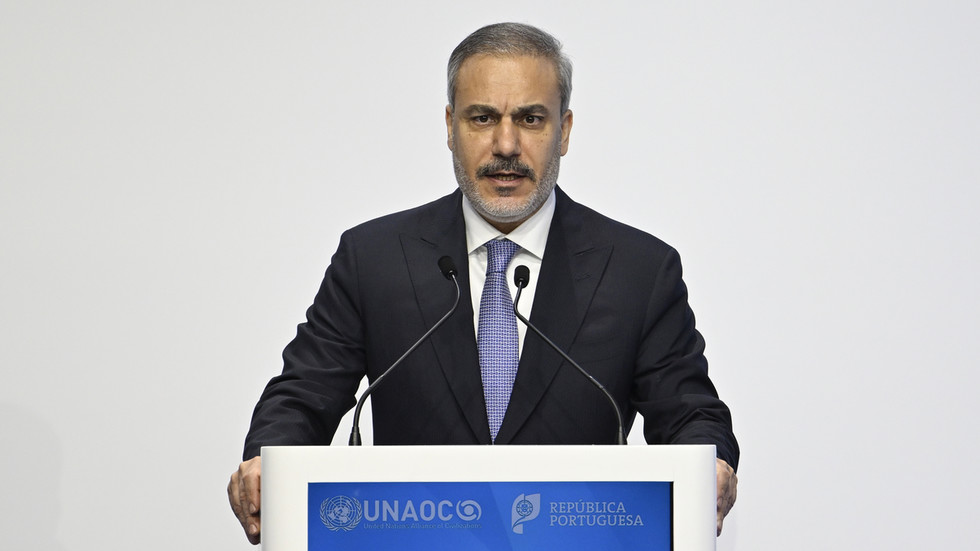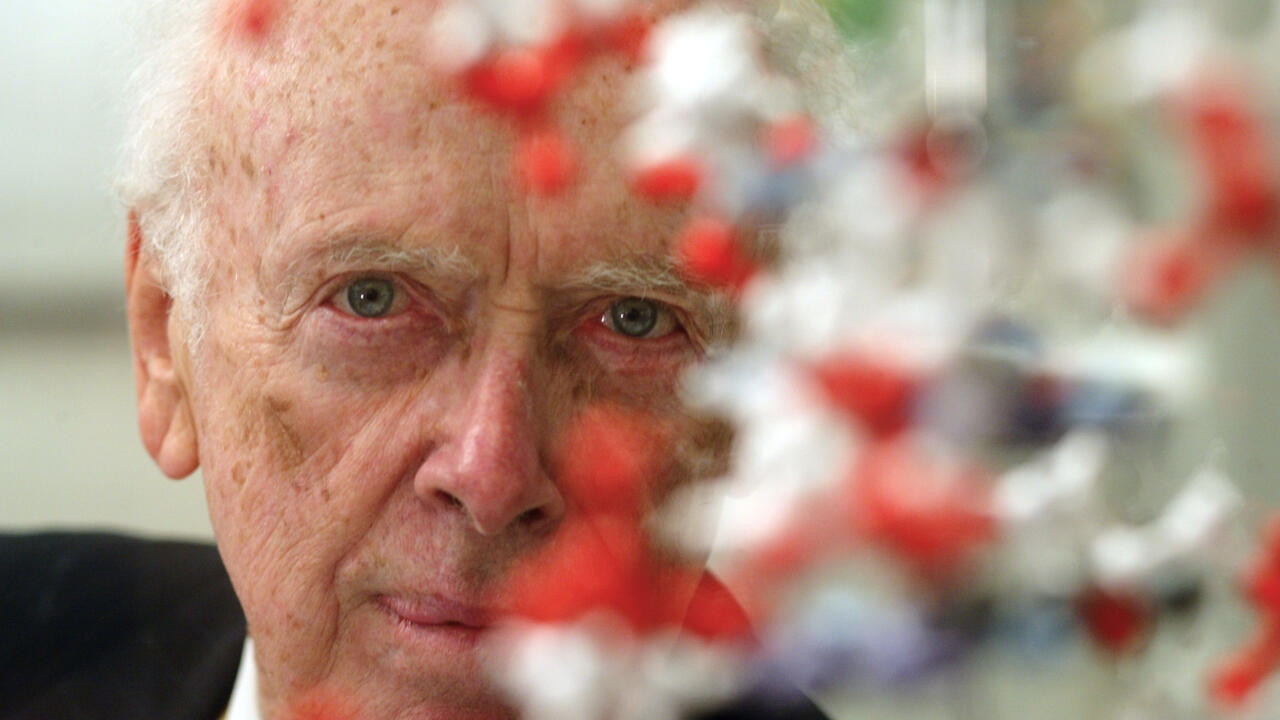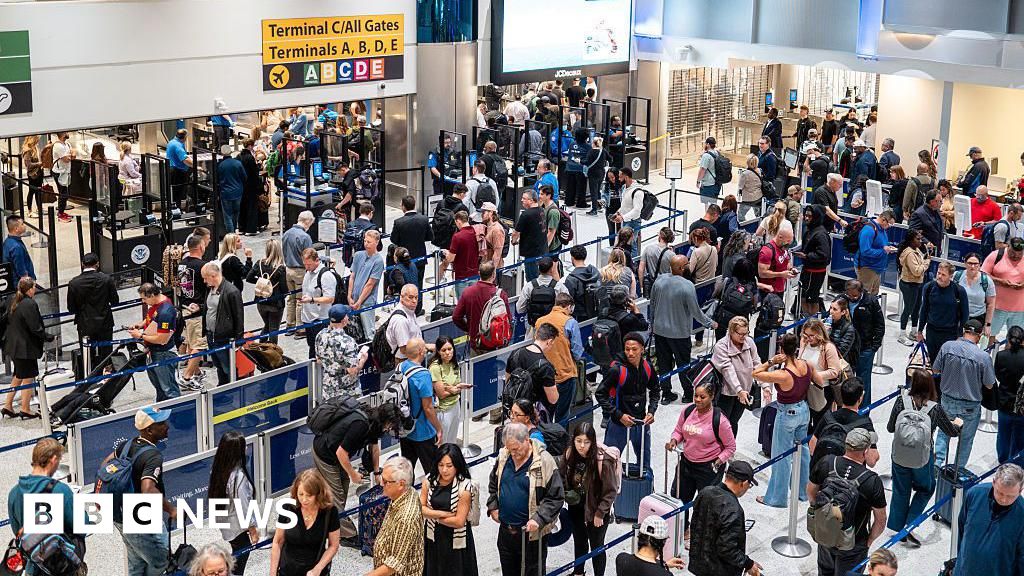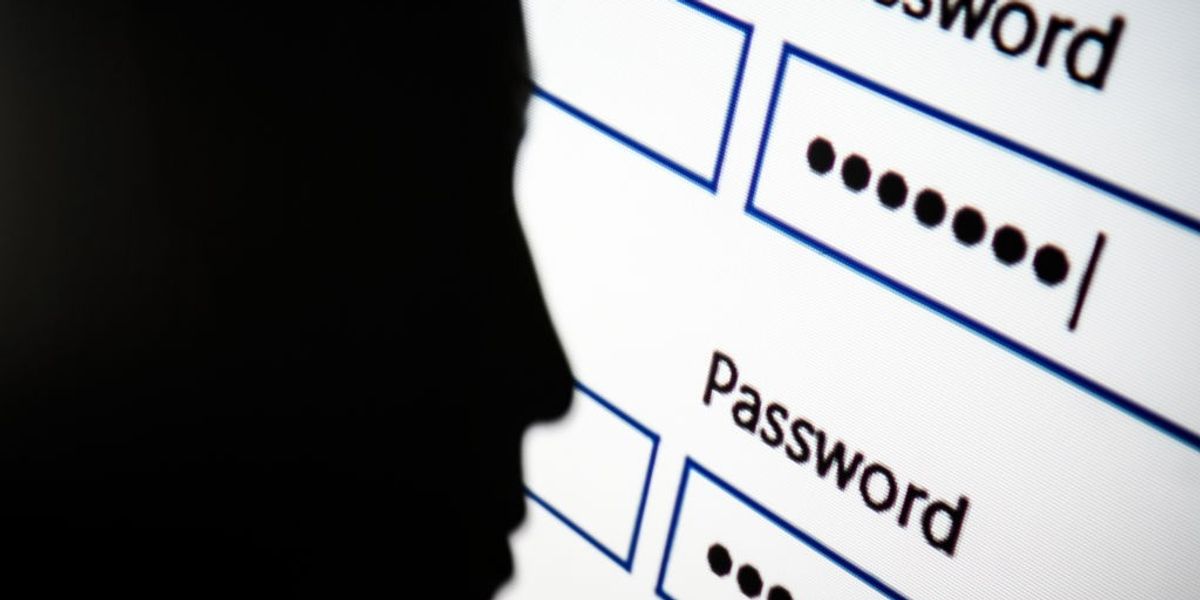Once viewed with fear and skepticism, airport biometric screenings are now preferred and even expected by global travelers, according to a report by the air transport technology company Sita.
"The more passengers use it, the more they like it," the report stated.
Globally, the number of people who haven't used biometric technology at airports dropped to 31% this year from 41% in 2024, the report said.
Comfort levels are rising as consumers use biometric identification to access everything, from their mobile phones to their workplaces, said Sarah Samuel, senior vice president of airport and airline operations in Asia-Pacific at the travel technology company Amadeus.
Citing the influence of Uber and Netflix, the expectation is that "everything is on demand" these days — including travel, she said.
Biometric technology is most popular with younger travelers, men and frequent flyers, according to Sita's 2025 Passenger IT Insights report published on Oct. 6, which surveyed some 7,500 passengers at airports in 25 countries.
Adoption rates are highest in airports in Asia-Pacific and the Middle East/Africa, according to the report.
"In APAC, definitely the take-up is very high," said Samuel, citing the region's young population and high rate of mobile phone penetration. "We're ahead compared to most other parts of the world."
Amadeus helped roll out biometric processing at various points in airports in Singapore, Japan, Australia, India, and more recently, in Bali.
"You used to have huge, very long immigration queues" in Bali, she said. Now "it's an empty hall."
Rising comfort with digital IDs
Amadeus is preparing to launch "proximity biometrics" soon, said Samuel. The technology works via a digital identity wallet stored on passengers' phones that connects with various touchpoints at the airport. However, all data is deleted once the passenger walks away, she said.
She said the technology will launch in Asia-Pacific within the next year.
Biometric vs. traditional border checks
62% of flyers said they prefer biometric checkpoints over traditional border counters
Digital IDs, that store passport and other details on travelers' phones, are set to transform travel the way that digital wallets transformed payments, according to Sita's report.
Passengers are more accepting of this idea now too, with comfort levels rising to 79% in 2025, from 74% in 2024, it showed. Most travelers said they're comfortable sharing their digital identities and biometrics before they travel too, the report said.
As more young and digitally-savvy consumers start flying, the number of digital identity users will rise from 155 million in 2024 to 1.27 billion by 2029, according to Sita.
Concerns about data privacy
Travelers may embrace the speed and convenience of biometric processing, yet most still harbor concerns about it, according to Sita's report.
Only 3% of travelers said they had no concerns about biometric identification, it showed.
Digital IDs may decrease passengers' concerns about losing their passports, while heightening fears about losing their phones, data indicated.
Even in Asia-Pacific, where technology is often quickly embraced, many travelers say they're uncomfortable sharing personal data with online travel platforms, according to a survey by data analytics company Qlik.
The survey of more than 4,000 people showed travelers are more willing to share some data that they've already provided in online apps, such as budgets and booking history. However, information related to their live locations ranked near the bottom of the list.
Indian respondents indicated the least concern about data privacy. Meanwhile, Japanese travelers showed the most concern, with some 34% saying they weren't comfortable sharing data of any type, the survey showed.
"India has a much younger population compared to Japan," said Amadeus' Samuel, adding that technology adoption rates in airports also varies by culture and age.
But the pull of speedier, more efficient travel, with fewer documents and airport bottlenecks, is hard to resist.
Samuel said she travels lighter these days, since most of what she needs — including her identity and credit cards — are stored electronically.
"I've had cab drivers who say, are you sure you're ready to travel? … You don't have a handbag," she said. "I'm like … I have everything on my phone."
— CNBC's Kaela Ling contributed to this report.











 English (US) ·
English (US) ·